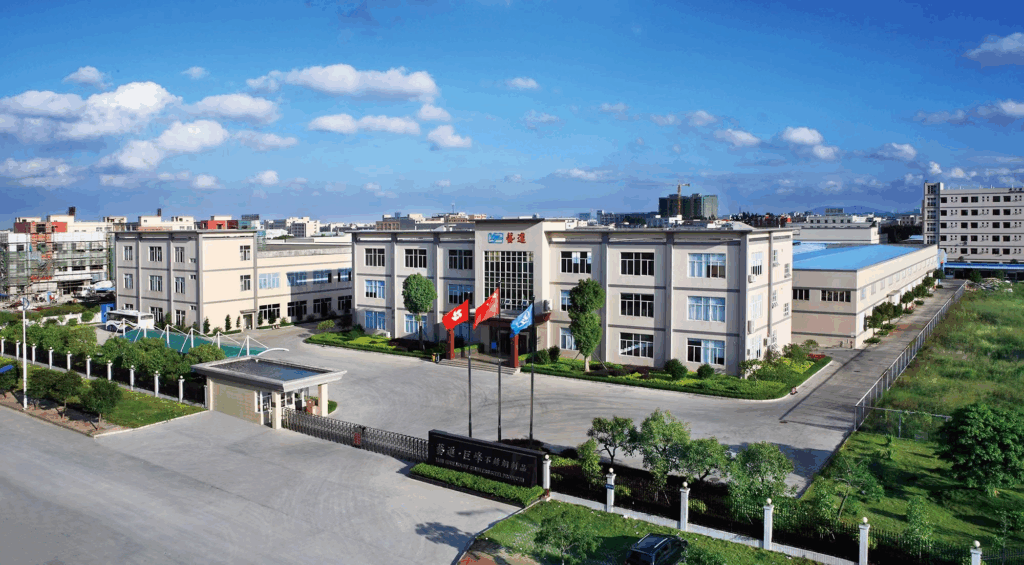Stainless steel has long been regarded as one of the most reliable and versatile materials in various industries. Its durability, stainless steel medical sink resistance to corrosion, and modern aesthetic make it an ideal choice for countless applications, ranging from household items to industrial components. The widespread use of stainless steel products is a testament to their ability to enhance efficiency, longevity, and sustainability.

A significant advantage of stainless steel is its unparalleled resistance to rust and corrosion. Unlike conventional metals that degrade when exposed to moisture and harsh environments, stainless steel is fortified with chromium, which forms a protective layer against oxidation. This characteristic ensures that stainless steel products retain their quality and appearance for extended periods, making them perfect for use in kitchens, medical facilities, and manufacturing plants.
Stainless steel is also valued for its sleek and sophisticated finish. Whether incorporated into kitchen appliances, architectural designs, or decorative elements, stainless steel adds a polished and elegant touch. Designers and architects favor stainless steel not only for its visual appeal but also for its ability to seamlessly integrate into various aesthetics, from contemporary spaces to industrial settings.
The food and beverage industry relies heavily on stainless steel products due to their hygienic properties. The material’s non-reactive nature ensures that food remains uncontaminated, preserving flavors and nutritional value. Stainless steel cookware, storage containers, and processing equipment help maintain cleanliness and safety, making them indispensable in restaurants, commercial kitchens, and food manufacturing plants. Additionally, stainless steel is easy to clean, preventing bacterial buildup and ensuring a sanitary food preparation environment.
In the healthcare sector, stainless steel products play a crucial role in maintaining sterile conditions. Medical instruments, surgical tools, and hospital furnishings are often made from stainless steel due to their biocompatibility and resistance to bacterial growth. The material’s ability to withstand sterilization procedures without deteriorating ensures the reliability and safety of medical equipment. Hospitals and laboratories depend on stainless steel to uphold stringent hygiene standards and enhance patient care.
The construction and industrial sectors also benefit immensely from stainless steel. Infrastructure projects, automotive manufacturing, and aerospace engineering incorporate stainless steel components to improve strength and durability. Its ability to endure extreme temperatures, mechanical stress, and harsh chemical exposure makes it a preferred choice for building foundations, bridges, pipelines, and transportation systems. The resilience of stainless steel contributes to long-lasting performance, reducing maintenance costs and ensuring structural integrity.
Another notable aspect of stainless steel products is their environmental sustainability. Unlike many materials that require frequent replacement, stainless steel is fully recyclable, making it an eco-friendly choice for industries aiming to reduce waste and carbon emissions. Manufacturing processes continue to evolve to improve energy efficiency and minimize environmental impact, reinforcing stainless steel’s role in promoting sustainable practices.
Innovation in stainless steel technology continues to advance, leading to improved strength, flexibility, and efficiency. Engineers develop specialized alloys tailored to specific industry needs, broadening stainless steel’s applications across diverse fields. With ongoing research and advancements, stainless steel remains at the forefront of material science, adapting to new challenges and opportunities in modern engineering.
The continued demand for stainless steel products reflects their enduring value across multiple industries. Whether used in household appliances, medical equipment, construction projects, or industrial machinery, stainless steel upholds its reputation for reliability and adaptability. Its ability to combine durability, style, and sustainability ensures its place as a fundamental material shaping technological progress and enhancing everyday life. As industries evolve, stainless steel remains an essential component in developing high-quality, efficient, and innovative solutions.